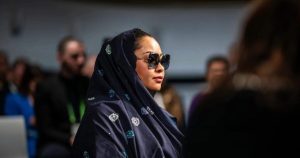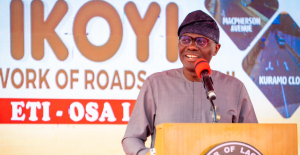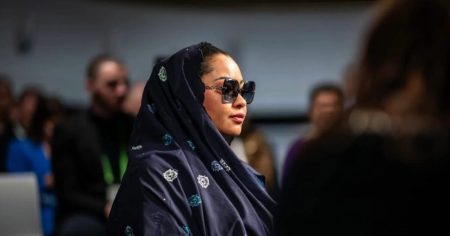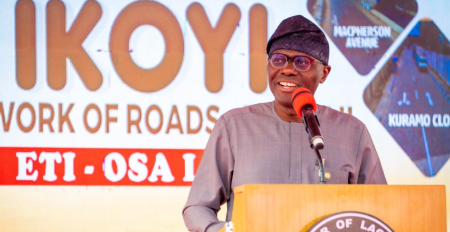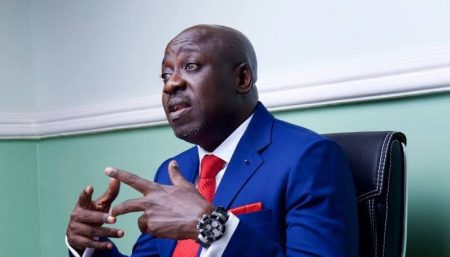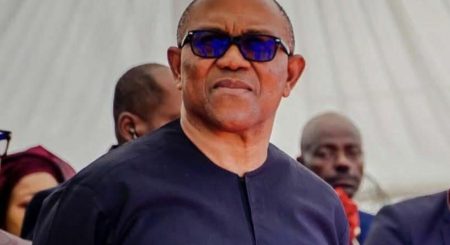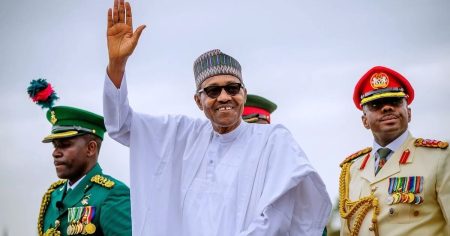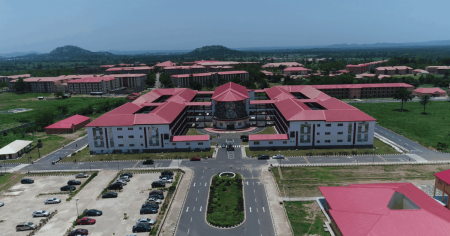The Labour Party, under the leadership of Julius Abure, has vehemently rejected a recent National Executive Committee (NEC) meeting held by a dissenting faction of the party. The Abure-led faction has labeled the gathering as illegal, unconstitutional, and inconsequential, dismissing its outcomes as null and void. Central to their argument is the assertion that only the duly recognized National Chairman and National Secretary, namely Julius Abure and Umar Farouk, respectively, possess the constitutional authority to convene such meetings. The statement released by Umar Farouk, the National Secretary, underscores the party’s stance and warns Abia State Governor, Alex Otti, against misusing state resources on what they consider to be futile endeavors. This internal conflict highlights the ongoing power struggle within the Labour Party and raises concerns regarding the party’s unity and coherence moving forward.
The disputed NEC meeting, held in Umuahia, saw the inauguration of Senators Nenadi Usman and Darlington Nwokocha as interim National Chairman and National Secretary, respectively. This move has further inflamed tensions within the party, with the Abure faction citing specific articles within the party’s constitution, namely Articles 14(4)(b) and 13(B)(xii), to bolster their claim of the meeting’s illegitimacy. These articles, according to the Abure-led group, clearly outline the procedures for convening NEC meetings and dictate that only the National Chairman and National Secretary are empowered to do so. Therefore, they argue that the Umuahia meeting constitutes a blatant violation of the party’s internal regulations, rendering its decisions invalid and non-binding. This constitutional dispute adds a legal dimension to the political infighting, potentially requiring further intervention to resolve.
The statement released by Umar Farouk further elaborates on the Abure faction’s position, highlighting their commitment to upholding the party’s constitution and internal processes. They reiterate that no vacancy exists within the party’s leadership and that the current leadership remains in place until 2028. Furthermore, they invoke a Supreme Court ruling from April 4, 2025, which mandates the internal resolution of intra-party disputes according to the party’s constitution. This reinforces their argument that the Umuahia meeting and its subsequent appointments are not only unconstitutional but also contrary to established legal precedent. The Abure faction appears determined to maintain its control of the party and enforce adherence to its interpretation of the party’s constitution.
The Abure-led group further criticizes Governor Otti for his involvement in the disputed NEC meeting and accuses him of being disconnected from the current state of affairs within the party. They claim that many of Otti’s supporters have withdrawn their backing, leaving him isolated in his actions. The statement suggests that Otti is “living in ignorance and in the past,” implying that he is unaware of the shifting allegiances within the party. This accusation further deepens the divide between the factions and portrays Otti as out of step with the prevailing sentiment within the Labour Party. This personalized attack on Otti signifies the escalating tensions and the increasingly acrimonious nature of the internal power struggle.
The Labour Party, under Abure’s leadership, has urged its members to disregard the outcomes of the Umuahia meeting and reaffirmed its focus on the upcoming 2027 general elections. They call on Governor Otti to prioritize governance and address the needs of the people of Abia State instead of engaging in what they perceive as frivolous political maneuvering. This call to focus on governance serves to position the Abure faction as the responsible and pragmatic group concerned with the welfare of the citizenry, while simultaneously criticizing Otti for diverting attention and resources away from critical issues. This strategic move aims to garner public support and portray the Abure-led faction as the true representatives of the Labour Party’s values.
The ongoing dispute within the Labour Party raises concerns about the party’s ability to present a united front in future elections. The internal strife, characterized by accusations of illegitimacy and unconstitutional actions, threatens to undermine the party’s credibility and weaken its electoral prospects. The clash between the Abure-led faction and the dissenting group, supported by Governor Otti, highlights deep-seated divisions within the party and the urgent need for a resolution to avoid further fragmentation. The party’s ability to effectively address this internal conflict and maintain internal cohesion will be crucial for its future success. The coming months will likely be crucial in determining the outcome of this power struggle and its impact on the Labour Party’s trajectory.



